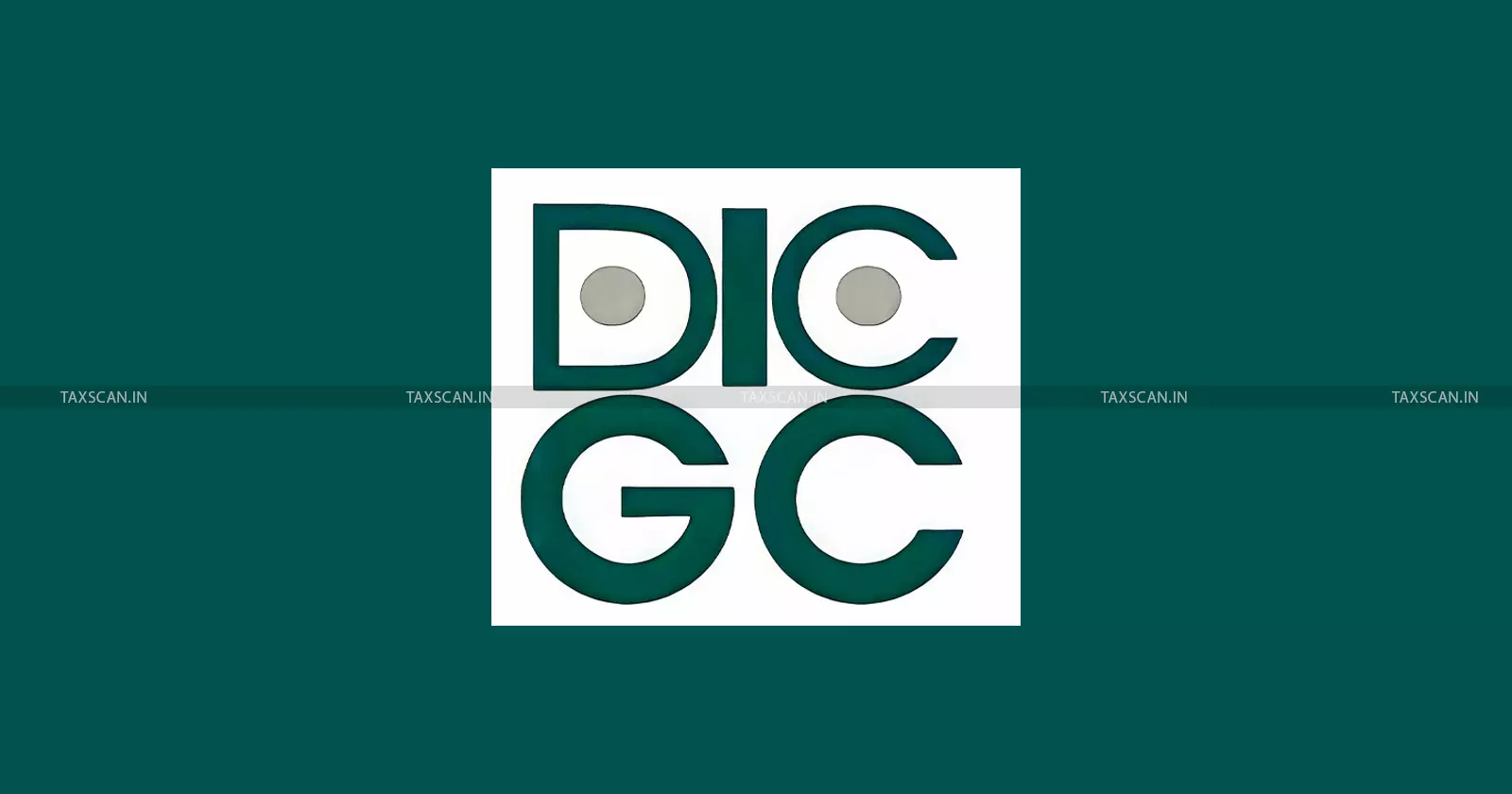Cenvat Credit on Premium Paid to DICGC by Banks: Supreme Court to decide Appeals Filed against SBI, IndusInd, SIB, Union Bank
Without accepting deposits, the bank cannot extend loans and since accepting deposits requires mandatory insurance with DICGC, the service is directly connected to taxable output services.

The Supreme Court will decide eligibility of Cenvat Credit on premium paid to Deposit Insurance and Credit Guarantee Corporation ( DICGC ) premium by major lenders including State Bank of India ( SBI ), IndusInd Bank, South Indian Bank ( SIB ) and Union Bank of India.
The Revenue filed an SLP against the Telangana High Court order challenging its decision to reject the matter.
According to the facts in the matter of State Bank of India, the bank approached the CESTAT, Hyderabad, challenging the Order-in-Original dated 30.11.2018, by which the Commissioner had denied credit of service tax paid on DICGC premium and confirmed a substantial demand along with interest and penalties.
The allegation against the bank was that DICGC insurance premium did not constitute an “input service” and therefore credit was inadmissible.
The bank, however, argued that registration with DICGC and payment of insurance premium were statutory requirements under the DICGC Act. Since a bank can accept deposits and extend loans only after such compulsory registration, the premium directly relates to the business of banking, an activity chargeable to service tax.
SBI contended that the statutory nature of DICGC coverage made the premium an integral part of its taxable operations and therefore squarely eligible for credit.
 Also Read:Supreme Court bars Income Tax Dept from Coercive Steps While Examining Faceless vs Jurisdictional AO Authority [Read Order]
Also Read:Supreme Court bars Income Tax Dept from Coercive Steps While Examining Faceless vs Jurisdictional AO Authority [Read Order]
The CESTAT found merit in SBI’s submissions and depended on the Larger Bench ruling in South Indian Bank as well as the Kerala High Court judgment confirming that DICGC premium forms part of the input services essential for conducting the business of banking.
The Tribunal, based on the observation of Kerala High Court held that “without accepting deposits, the bank cannot extend loans,” and since accepting deposits requires mandatory insurance with DICGC, the service is directly connected to taxable output services. Consequently, the CESTAT set aside the demand and allowed the appeal in entirety.
Further, the revenue approached the Telangana High Court post-CESTAT decision. They prayed to set aside the order. However, the bench of Justice Sujoy Paul and Justice Namavarapu Rajeshwar Rao dismissed the appeal ruling that “This Court, by following the judgment of Kerala High Court in C.E.A. No. 1 of 2021, decided on 05.12.2022, has declined admission. We find no reason to deviate from the view taken bv us in C.E.A.No.8 of 2024.”
In the abovementioned Kerala High Court order, the revenue went against the South Indian Bank and CSB, where the matters were tagged and ruled. In that matter, the Justices S.V. Bhatti and Basant Balanji, while dismissing the revenue’s appeal, referred the large bench decision and observed that “The insurance service provided by the Deposit Insurance Corporation to the banks is an “input service“ and CENVAT Credit of service tax paid for this service received by the banks from the Deposit Insurance Corporation can be availed by the banks for rendering output services”.
Consequently, the revenue appealed before the apex court on 2024 December. The matter is listed under Miscellaneous List today.
Support our journalism by subscribing to Taxscan premium. Follow us on Telegram for quick updates


